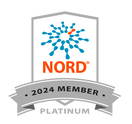|
This is a sad story. Perhaps it is two sad stories—stories that begin with the loss of two boys. But it is also a hopeful story. It is a loving story. And, I share it as a reminder of why TCSF prioritizes bringing our SCN8A families together at our Annual Gathering: We are not here for our individual experiences alone, because we are a community that has decided to love, to share, to mourn, and to fight...together. -Hillary Savoie, PhD Founder and Director, The Cute Syndrome Foundation 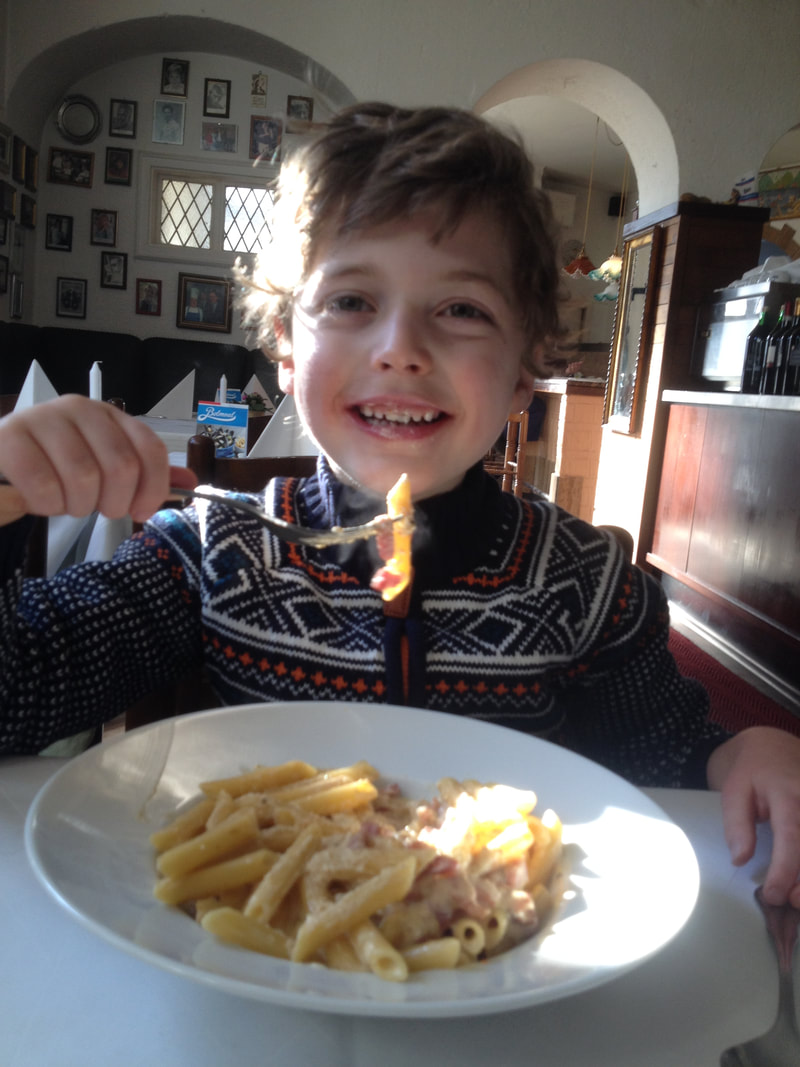 Bruno, Photo courtesy of Roland Waegner Bruno, Photo courtesy of Roland Waegner A little over two years ago, I used my opening remarks at the 3rd Annual SCN8A Clinician, Researcher, and Family Gathering in Washington DC to talk about a little boy named Bruno. Bruno's father, Roland, was a member of our SCN8A Support Group on Facebook, and I had asked his permission to talk about Bruno at the event because I just couldn't stop thinking about him. Bruno was a little boy whose story, as his father says, appeared not long before to be a positive example of life with SCN8A--Bruno was developing well, he was medically stable, and he was so very happy. And then, one night, in July 2017, the unthinkable happened: Bruno died in his sleep. He would have turned seven in a few short weeks. As is, unfortunately, the reality in our SCN8A community, Bruno's death wasn't the only loss we suffered that year, or even that month. At that same Gathering in DC, we heard via a pre-recorded video from another family who lost their son with SCN8A, Will. Will also died in July, as he slept. Will was also a sweet, happy seven-year-old boy. In their video Will's family talked about Will and about SUDEP (Sudden Unexplained Death in Epilepsy). I can still clearly remember looking at Will's mother, Liz, as she spoke and wondering if I would have been brave enough to share in this way, were I in her shoes. It never occurred to me that two years later, in Baltimore, I'd have the chance to wrap my arms around both Liz, in from California, and Roland, traveling from Germany, for the first time--and, together with the SCN8A community, help them mourn their sons, each in their own way. But this year at our Fifth Annual Clinician, Researcher, and Family Gathering, that is exactly what happened. 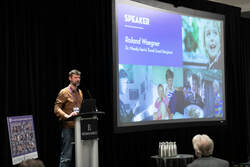 Photo credit Ryan Collerd Photo credit Ryan Collerd As the recipient of one of our Mandy Harris Memorial Travel Grants, Roland was invited to speak at our Friday evening reception. He stood up to share some words about Bruno's life--and brought the entire room along on a journey with him. When Roland began speaking, many of us still had tears in our eyes--because the memorial moments for all of our SCN8A Angels directly preceded Roland's talk. However, listening to Roland talk about Bruno, there was a startling amount of joy to be had between tears. What Roland had to say about his son, which I include in its full form below, took ahold of my heart and the hearts of everyone else in the room. As Roland spoke, I sat next to Will's mom, Liz. I held on to her, as we cried, but, also, I found myself unable to stop smiling at the way in which Roland's words managed to draw a picture of his son before our eyes...at how, in remembering him to us in that room, Roland was allowing us to help keep a part of Bruno alive. Toward the end of his speech Roland said something that has been playing in my head ever since: I feel I can say this quite safely, [Bruno] really had a fantastic life. The fact that seven years, or even a little less than seven years, is way too short – that’s not his problem, it’s our problem. We have to deal with it. That's not his problem, it's our problem. We have to deal with it. I realized only later, why this spoke to me so deeply. It is because it is precisely right. We have to deal with it. It is our problem. And this is exactly why TCSF exists. It is exactly why that event continues to exist, and it is exactly the reason those of us in that room where there--because seven years of life is too short. That is our problem to try to solve for our children, and in honor of our children. Later, after the event Liz wrote to me to say thank you for the event, to explain what being there meant to her. With her permission, I include some of her words below: I was reflecting this morning about my time here and realized how significant it was for me to grieve Will’s death surrounded specifically by other SCN8A parents. The memorial time when I was weeping and comforted by the embraces of Kenz, you, and Karen was something that I’ll carry with me forever. It just needed to happen as part of my process of grieving. So thank you, from the bottom of my heart. We grieve together. And this is such an important thing to do. It is meaningful in so many ways that are hard to articulate, but easy to feel. And we also get to work, together--even when it is hard, even when the work isn't to benefit our own children, but to honor them. Both Liz and Roland sat on the first meeting of the foundation's Parent Advisory Board to help guide us as a foundation in how to address the needs of parents on a host of issues. And their insights included ways to provide support to bereaved parents, to develop monitors that work better, to help de-stigmatize end-of-life discussions, as well as helping keep the memory alive of Bruno, Will, and all of the children we've lost. This is our work, our grief. Our problem. Roland Waegner's Speech at the 2019 TCSF Annual GatheringFirst of all, I’d like to thank Karen and Hillary for setting us up so nicely with the
Angels slideshow, to make sure we’re all extra emotional, but that’s just the way it is. First of all, I’m really happy and grateful and excited to be here and meet all of you, in person as opposed to 3 by 5 centimeter Facebook profile picture. And before I continue I’d like to warn you or request that you forgive me, I’m guaranteed to choke up at some point, have to catch my breath, wipe my eyes, and all the rest of it, just so you’re ready. This is going to happen, it has happened already. OK, I’m just going to give you a quick run-down of what many of you probably know, but many probably do not know. Bruno’s story, I’ll keep it short and sweet. Sweet is a good connection. We only got the diagnosis “SCN8A” in January or February 2015, after we’d been trying to track down another suspect. As it turned out, the other suspect was innocent. Something showed up on an MRI scan, which then disappeared, but the seizures didn’t disappear, so we knew we were on the wrong track. As it turned out, the medication he’d been given anyway happened to be a sodium channel blocker, so we got lucky, in a sense. Then I discovered this group, and I thought, “Yeah, one of these days I’ll, you know, connect up and share my story,or Bruno’s story, a bit more to the point, share Bruno’s story as a positive, optimistic outlook, because I’d seen so many stories and family tragedies of difficult lives. I thought, maybe a spot of positivity wouldn’t hurt, because Bruno actually was at the extremely healthy end of the spectrum: he was walking, he was talking, he had the odd ataxia and he wasn’t completely coherent. But he was doing well, he was steadily progressing, there was no downturn just yet, so I thought maybe this would be a good story to add to the collection, to the anthology. And then, as it happens, before I got down to actually doing it, SUDEP came first. So, then I had no choice but to change the ending of the story. It was going to be a Happy-End story, but now it’s just an “End” story, with plenty of “happy” taking place before the end. He was one of the happiest people I’ve met, and he loved sharing his happiness with everyone. If he walked in here now, you’d all be grinning up to your ears. Guaranteed. I’ve been made to feel very, very welcome by this group when I decided to join and to participate and to get to know at least the thumbnails of everybody. And I always repeat myself, it’s just so nice to really meet you all in the flesh and 3D and in life-size, as opposed to, you know, “click”. His neurologist, who took care of Bruno from the very beginning, which is from when it all started, age six or seven weeks, right up until the funeral, he was a great guy, very very involved, and I think he went to extra lengths to try and figure out a solution, maybe the cause, but mainly a solution, in the first step, and he said something to us which was very memorable. He was at the funeral and he came up to us and his eyes were all puffed up, he’d been crying like a baby, and this was a full-on professional, he came up to us with these very puffy eyes and said, “I’d like to have a meeting with you as soon as possible, this has been much on my mind ever since I got the terrible news.” And in this meeting, he said to us: “One question has been bothering me, and I’m sure it’s been bothering you too: Could this have been prevented?” And he said, there’s a short answer and a long answer. The short answer is “Yes.” The long answer is “Yes. BUT.” And then came this excessively long “but”. Essentially, what he said is, we could have probably got all the various devices and gadgets and mattresses and wristbands and oxy-pulse-oxy… everything! But then, what would have changed? Well, something crucial would have changed: Bruno would have been patient first and child second. And the way we did it, without all this high-tech, he managed to be child first by a long distance […] Then he said, which was even more impressive, “if it had been my son, I would have done it exactly the same.” And that’s a very comforting thought. Now, Bruno was doing really, really well with the meds that he was taking and with the team surrounding him, and I don’t mean just the family, but all his various therapists and his pre-school team, and just everybody, but death, especially SUDEP has this nasty habit of just creeping up on you and coming out of nowhere. So, by making sure, […] or at least by trying to make sure that every day was the best day of his life, I feel I can say this quite safely, he really had a fantastic life. The fact that seven years, or even a little less than seven years is way too short – that’s not his problem, it’s our problem. We have to deal with it. From his perspective, he was happy every single day of his life, and that’s something we can all aspire to. I hope I can say that, you know, when my time comes, that I was happy every single day of my life. I doubt it. So basically, all of you here are a big group of heroes: parents, clinicians, researchers, everybody who is involved in making sure that everybody’s life can be the best day… […] that everybody here can say that every day is the best day of everybody’s life. Keep it up. The togetherness… All of us together, never give up hope, every day, start the next day, keep on hoping, and if need be even further. It works, you’re doing great. Thank you very much.
0 Comments
Leave a Reply. |
Archives
May 2024
Categories
All
|
|
Past Annual Reports
Past PCDH19 Efforts Privacy Policy The Cute Syndrome Foundation PO Box 842 Ozark, MO 65721 |
The Cute Syndrome is registered as a tax-exempt organization under IRS section 501(c)(3).
Our tax identification number is: 46-2699066. © The Cute Syndrome Foundation, All rights reserved |

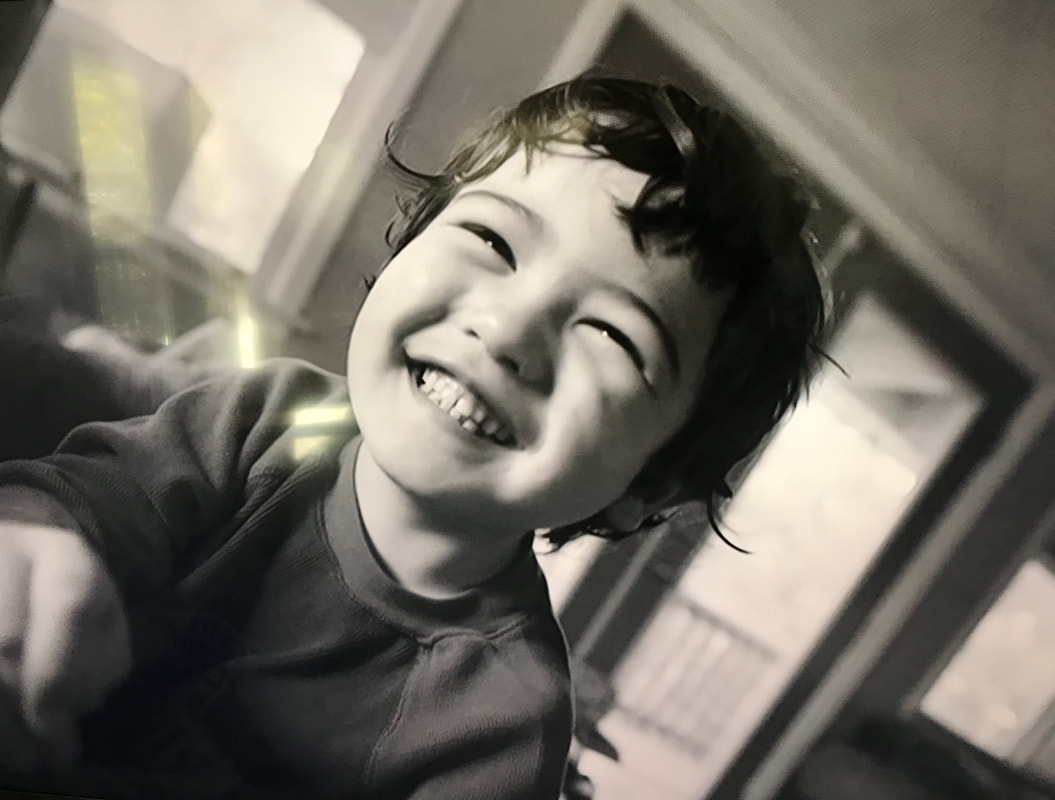
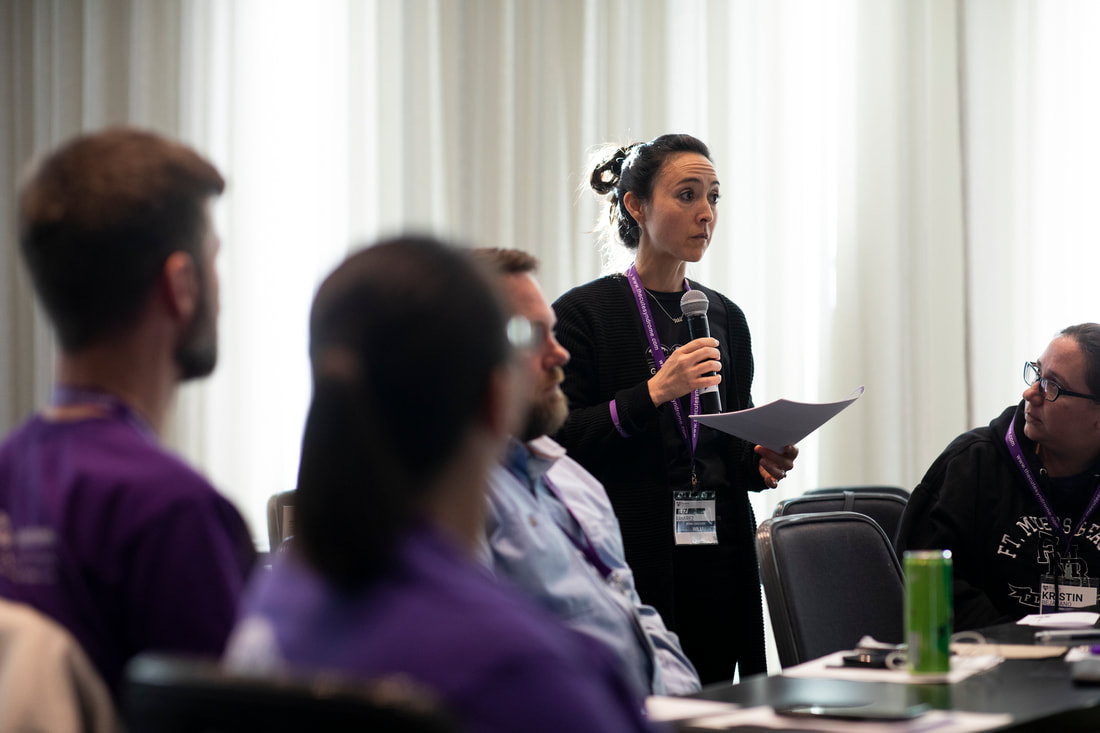
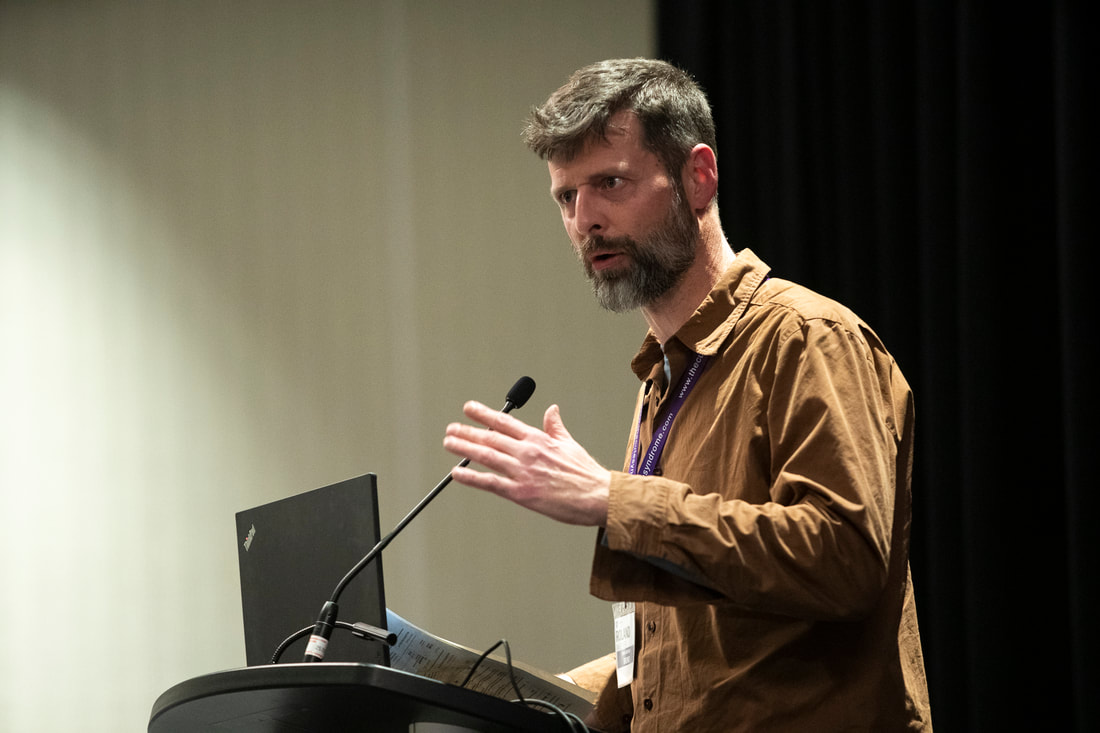
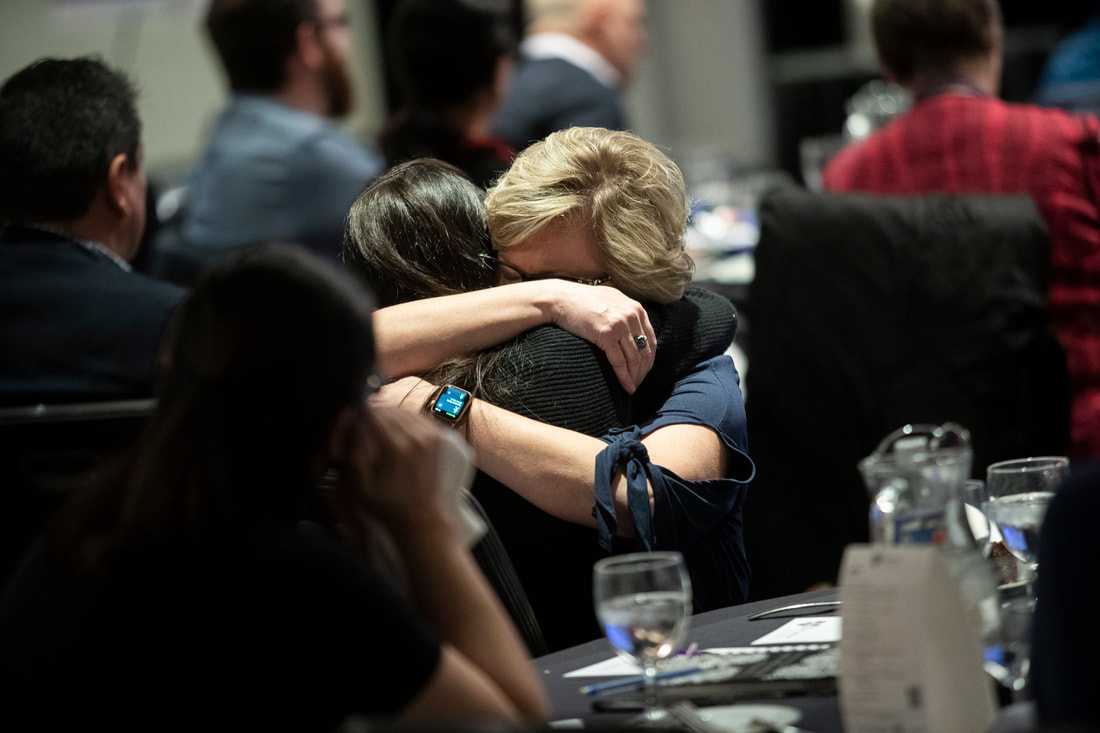
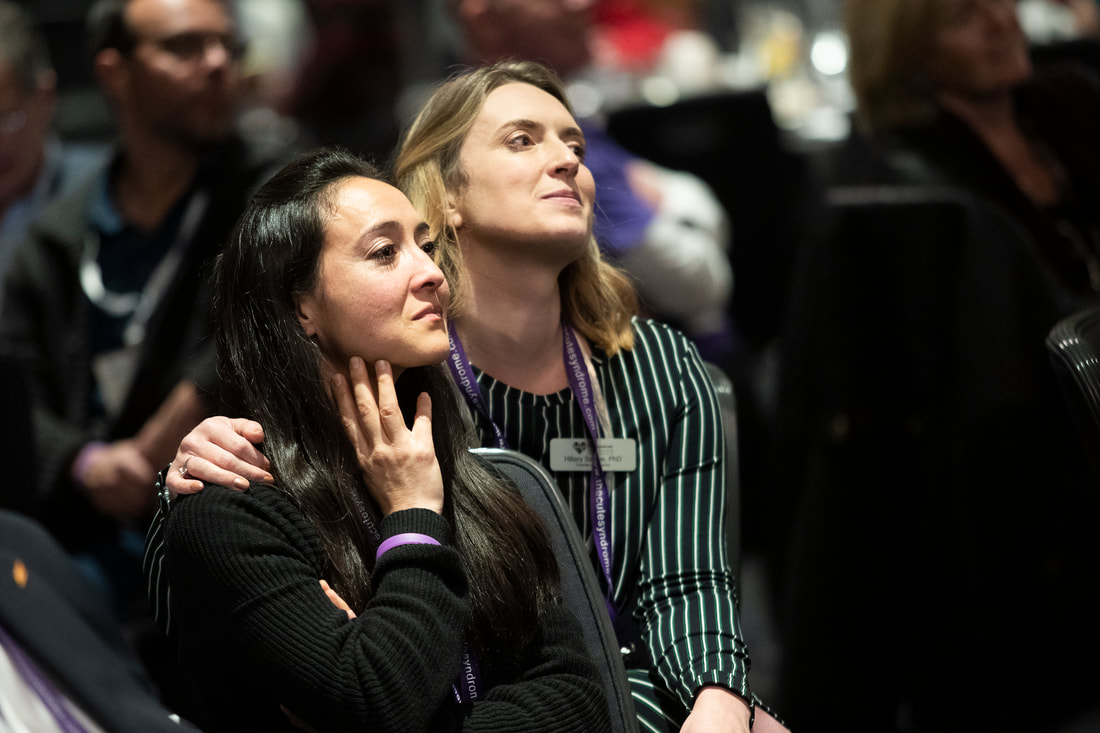
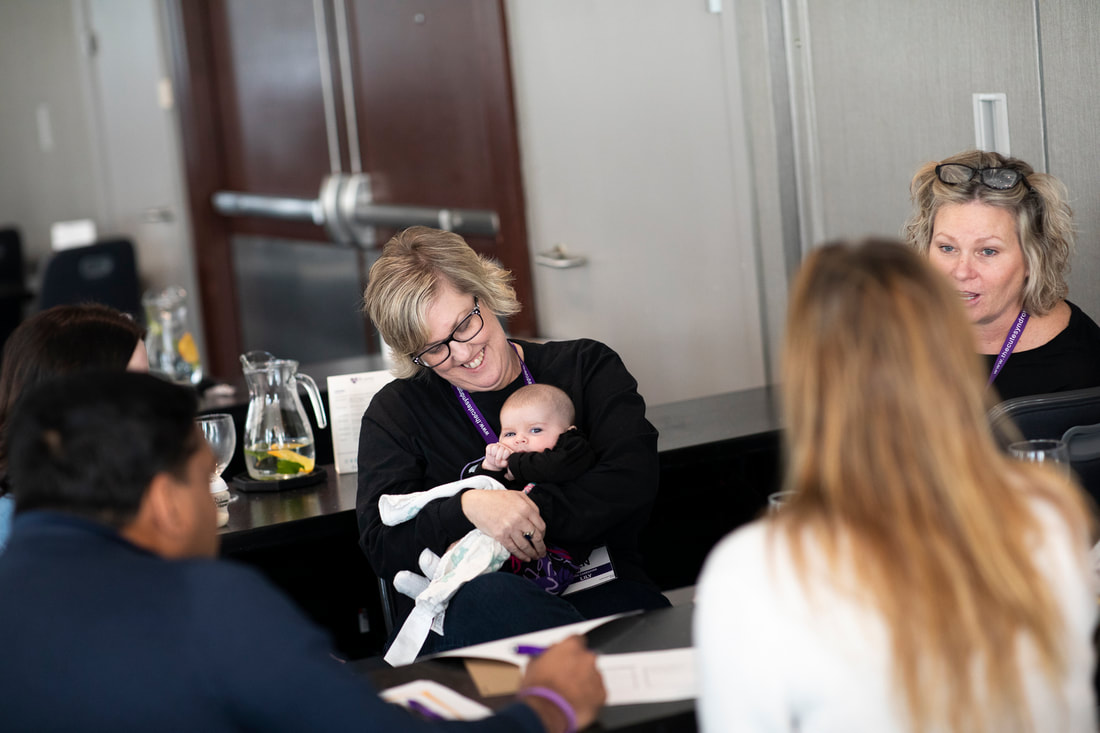
 RSS Feed
RSS Feed
